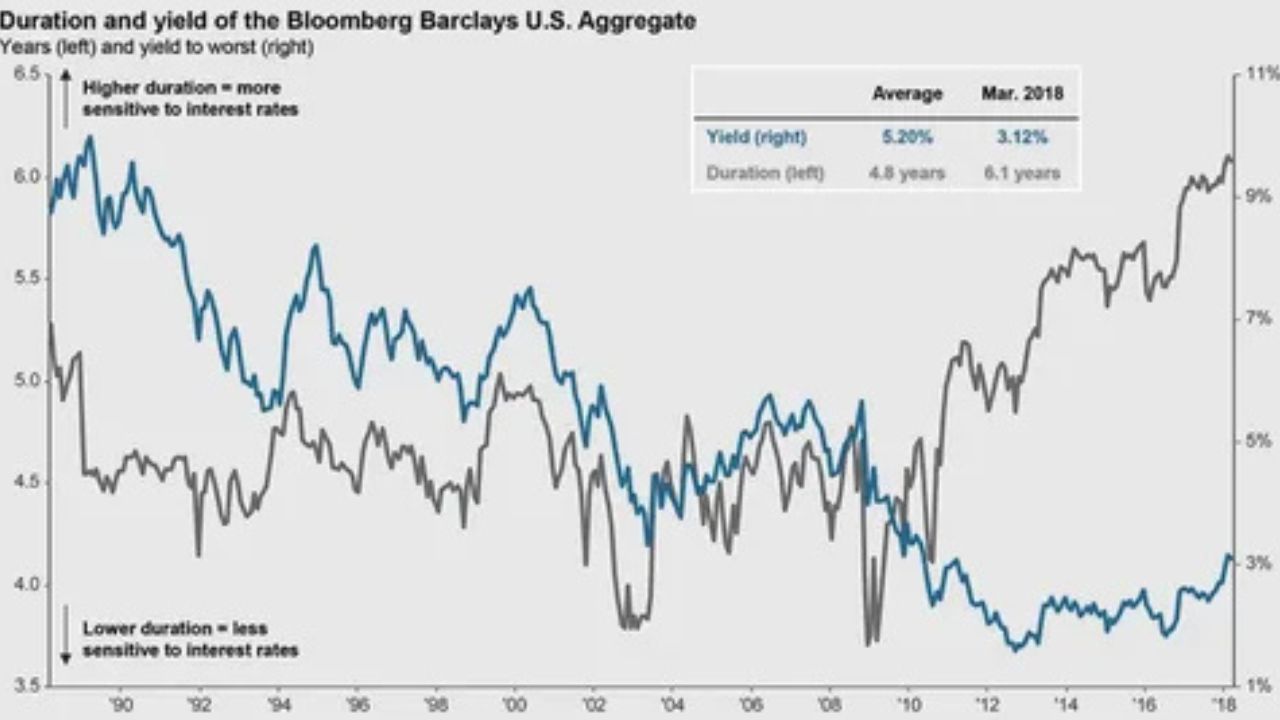Critical Illness Insurance provides a lump sum payment upon diagnosis of serious illnesses like cancer, heart attack, and stroke. This coverage helps cover medical expenses and living costs, offering financial security and peace of mind during challenging health crises.
What is Critical Illness Insurance?
Critical Illness Insurance is a type of insurance policy that pays out a lump sum benefit if the policyholder is diagnosed with a specified serious illness. This could be a life-altering condition like cancer, heart attack, or stroke. Unlike regular health insurance, which covers ongoing medical expenses, Critical Illness Insurance provides a one-time payment you can use however you see fit.
Historical Background
Critical Illness Insurance was introduced in South Africa in the 1980s by Dr. Marius Barnard, a heart surgeon. He recognized the financial strain serious illnesses could place on patients and their families. He saw the need for a specialized insurance product that could alleviate some of this burden.
How Does Critical Illness Insurance Work?
Policy Details
When you purchase a Critical Illness Insurance policy, you agree to pay regular premiums. In return, the insurance company agrees to pay a lump sum if you are diagnosed with one of the covered illnesses. The payout amount and the illnesses covered are specified in the policy.
Coverage Options
Policies can vary widely in terms of what they cover. Some policies cover a comprehensive list of illnesses, while others may be more limited. It’s important to read the fine print and understand exactly what you’re getting.
Types of Critical Illness Covered
Common Illnesses
Most Critical Illness Insurance policies cover major illnesses such as:
- Cancer
- Heart attack
- Stroke
- Kidney failure
- Major organ transplant
Rare Illnesses
Some policies also cover less common illnesses, such as:
- Multiple sclerosis
- Parkinson’s disease
- Alzheimer’s disease
Benefits of Critical Illness Insurance
Financial Security
One of the biggest advantages of Critical Illness Insurance is the financial security it provides. The lump sum payment can help cover medical expenses, mortgage payments, and other bills, ensuring you can focus on your recovery without financial stress.
Peace of Mind
Knowing that you have a financial safety net can give you peace of mind. You won’t have to worry about the potential financial impact of a serious illness, allowing you to concentrate on your health and well-being.
Coverage Flexibility
You can use the payout for any purpose. Whether it’s for medical treatment not covered by your health insurance, modifying your home to accommodate a disability, or even taking a vacation to recover and recharge, the choice is yours.
Who Needs Critical Illness Insurance?
High-Risk Individuals
If you have a family history of serious illnesses or if your lifestyle or occupation puts you at a higher risk, Critical Illness Insurance is particularly important. It provides an extra layer of protection against the unexpected.
General Population
Even if you’re in good health, life is unpredictable. Critical Illness Insurance can be a valuable part of your overall financial plan, providing coverage that traditional health insurance might not.
Factors to Consider When Choosing a Policy
Premium Costs
Premiums can vary significantly based on factors like age, health, and the amount of coverage you choose. It is important to find a policy that fits your budget without compromising on essential coverage.
Coverage Amount
Consider how much money you would need if you could not work for an extended period. The coverage amount should be sufficient to cover your expenses and help you maintain your lifestyle.
Policy Terms
Pay close attention to the policy’s terms and conditions. Ensure you understand the definitions of covered illnesses, waiting periods, and exclusions.
How to Choose the Right Policy for You
Assessing Personal Needs
Start by evaluating your personal and financial situation. Consider factors like your health, family history, and financial obligations. This will help you determine the level of coverage you need.
Comparing Policies
Don’t just go with the first policy you find. Compare different policies from various providers, evaluating factors like premiums, coverage options, and customer reviews.
Critical Illness Insurance vs. Health Insurance
Key Differences
While both types of insurance are important, they serve different purposes. Health insurance covers medical expenses like doctor visits, hospital stays, and medications. Critical Illness Insurance provides a lump sum payment that can be used for any purpose.
Why You Might Need Both
Having both types of insurance ensures comprehensive coverage. Health insurance can help with the immediate medical costs, while Critical Illness Insurance can cover the broader financial impact, helping you maintain your lifestyle and cover additional expenses.
The Claims Process
How to File a Claim
Filing a claim typically involves providing medical documentation to your insurance company. This might include a diagnosis from your doctor and proof of the illness.
Common Pitfalls to Avoid
Make sure you understand the claims process and provide all required documentation. Missing paperwork or incorrect information can delay your claim.
Costs and Premiums
What Influences the Cost?
Several factors can influence the cost of your premiums, including your age, health, lifestyle, and the amount of coverage you choose. Smokers, for example, often pay higher premiums due to the increased risk of illness.
Ways to Lower Your Premium
You can lower your premium by opting for a higher deductible, maintaining a healthy lifestyle, or choosing a policy with fewer covered illnesses.
Tax Implications of Critical Illness Insurance
Tax Benefits
In some countries, the premiums you pay for Critical Illness Insurance may be tax-deductible. Additionally, the lump sum payment you receive might be tax-free. It’s important to check the specific tax laws in your country.
Considerations for Tax Planning
When planning your finances, consider how Critical Illness Insurance fits into your overall tax strategy. Consult a tax advisor to understand the implications and benefits.
Real-Life Examples

Case Studies
Consider John, a 45-year-old non-smoker who purchased a Critical Illness Insurance policy. When he was diagnosed with cancer, the policy paid out a lump sum that helped cover his medical bills and allowed his wife to take time off work to care for him.
Personal Stories
Another example is Lisa, who used her payout to fund alternative treatments not covered by her health insurance and to modify her home to accommodate her new mobility needs after a stroke.
Myths and Misconceptions
Debunking False Beliefs
Some people think that Critical Illness Insurance is unnecessary if they already have health insurance. However, the two types of insurance complement each other and provide different types of protection.
Clarifying Common Questions
Another common misconception is that all policies are the same. There are significant differences between policies, so it’s important to research and choose the one that best meets your needs.
Conclusion
Critical Illness Insurance provides crucial financial protection during serious health crises. Whether you’re considering if Critical Illness Insurance is worth it or comparing policies like Critical Illness Insurance MetLife versus Critical Illness Insurance Cigna, understanding the differences, such as Critical Illness Insurance vs. Hospital Indemnity, is key. Choosing the best Critical Illness Insurance policy ensures you and your beneficiary peace of mind. Evaluate your options carefully for optimal coverage.
FAQ
What does the critical illness insurance cover?
Critical Illness Insurance covers serious medical conditions such as cancer, heart attack, stroke, kidney failure, and major organ transplants. Some policies also include illnesses like multiple sclerosis, Parkinson’s disease, and Alzheimer’s disease. Coverage details vary, so check your policy for specific inclusions.
Is it worth getting critical illness insurance?
Yes, getting Critical Illness Insurance is worth it. It provides financial security during serious health crises, covering medical and living expenses. This ensures peace of mind and allows you to focus on recovery without worrying about financial burdens.
What are the disadvantages of critical illness insurance?
Disadvantages of Critical Illness Insurance include:
- High premiums.
- Limited coverage for specific illnesses.
- Potential exclusions for pre-existing conditions.
The payout is a one-time lump sum, which may not cover all ongoing medical expenses and long-term financial needs.
What are 36 critical illnesses?
Thirty-six critical illnesses often covered include cancer, heart attack, stroke, coronary artery bypass, kidney failure, major organ transplant, multiple sclerosis, Alzheimer’s disease, Parkinson’s disease, motor neuron disease, deafness, blindness, paralysis, coma, severe burns, and loss of limbs, among others.
What does critical illness payout?
Critical Illness Insurance pays out a one-time lump sum upon diagnosis of a covered illness. This payment can be used for medical expenses, living costs, mortgage payments, or other financial needs, providing flexibility and financial security during a health crisis.
What is the waiting period for critical illness insurance?
The waiting period for Critical Illness Insurance typically ranges from 30 to 90 days after the policy starts. During this time, no claims can be made. It ensures that coverage applies only to illnesses diagnosed after the policy becomes effective.






